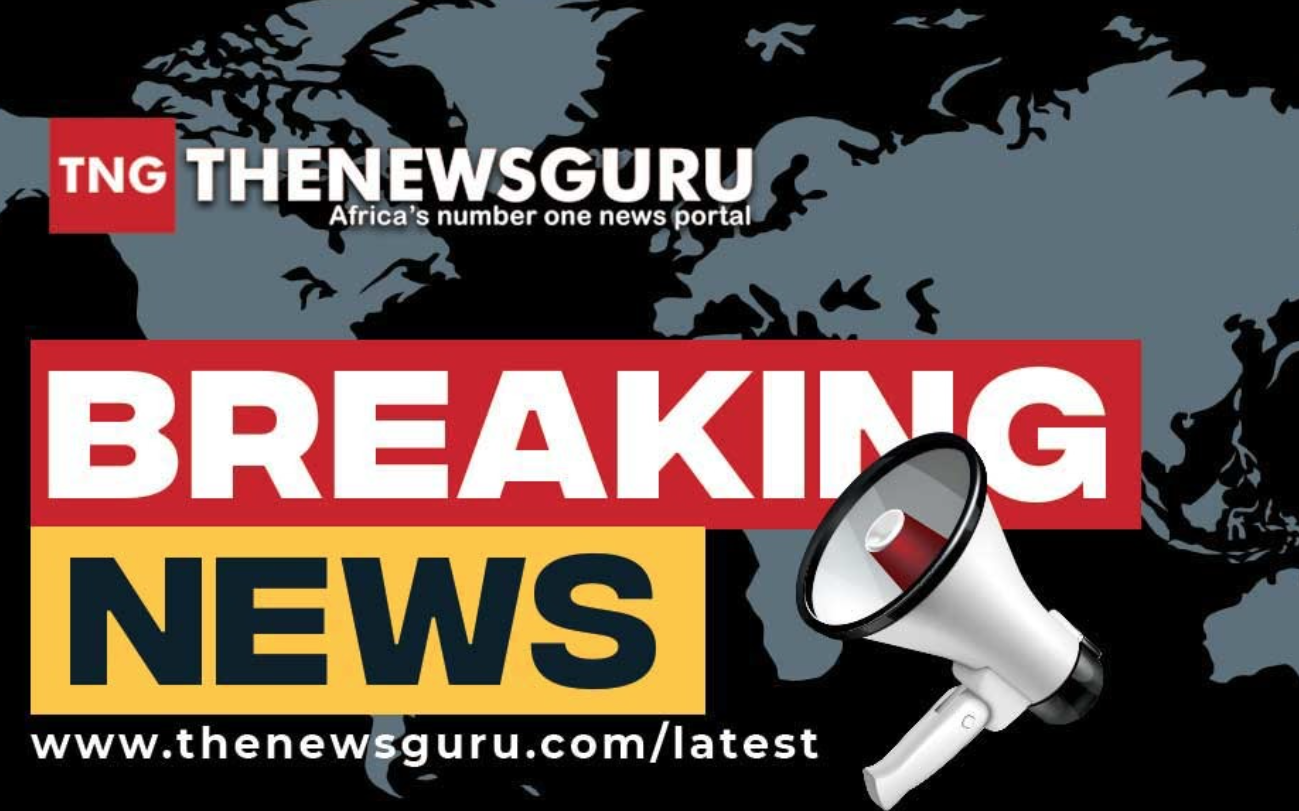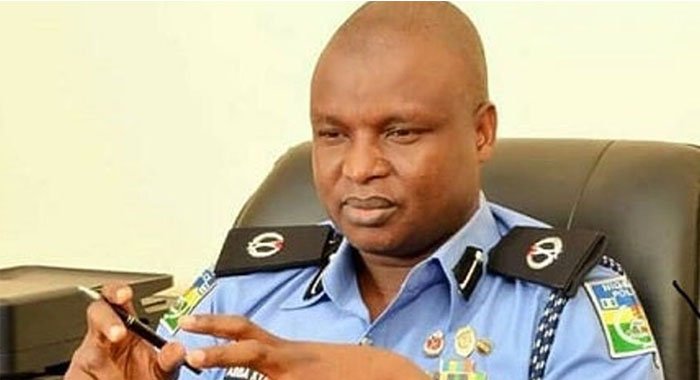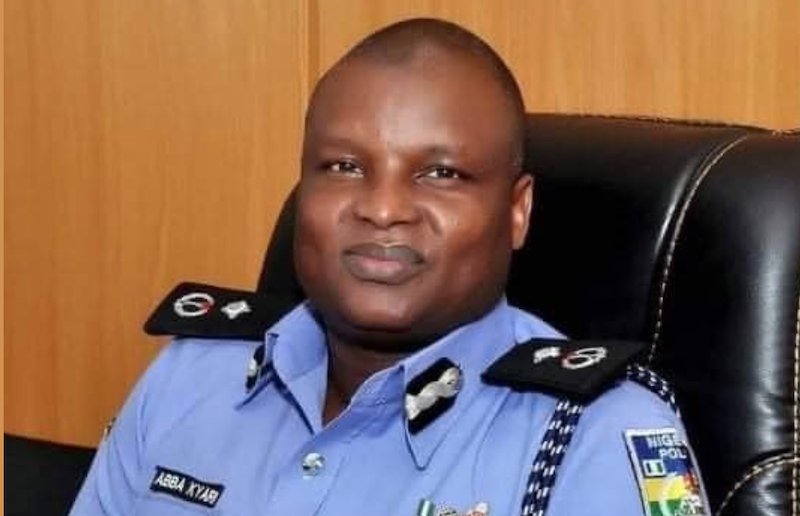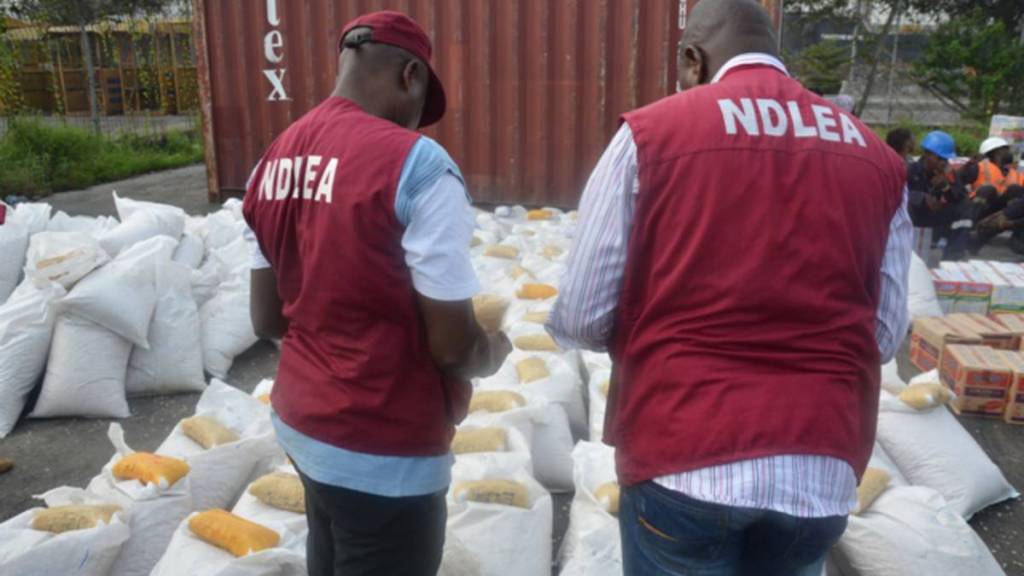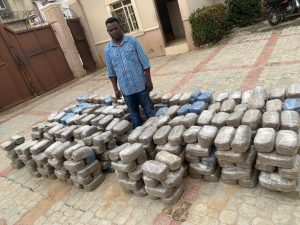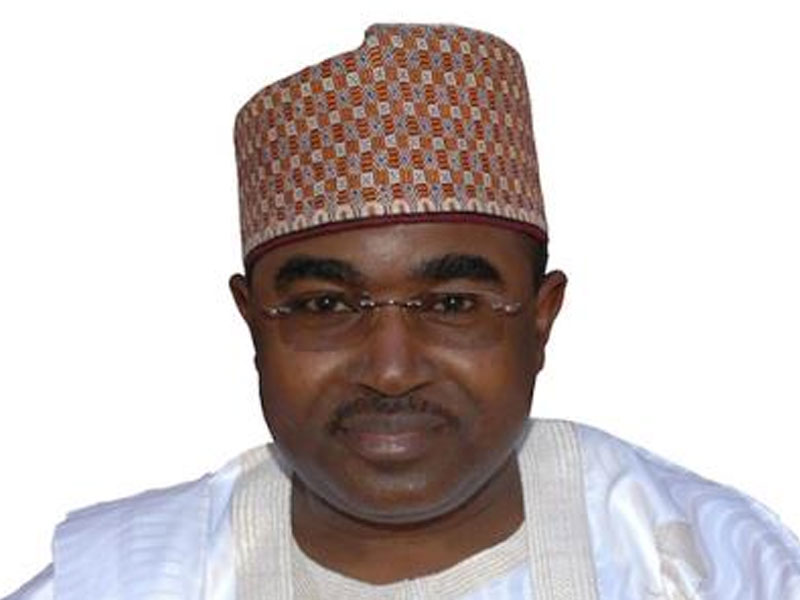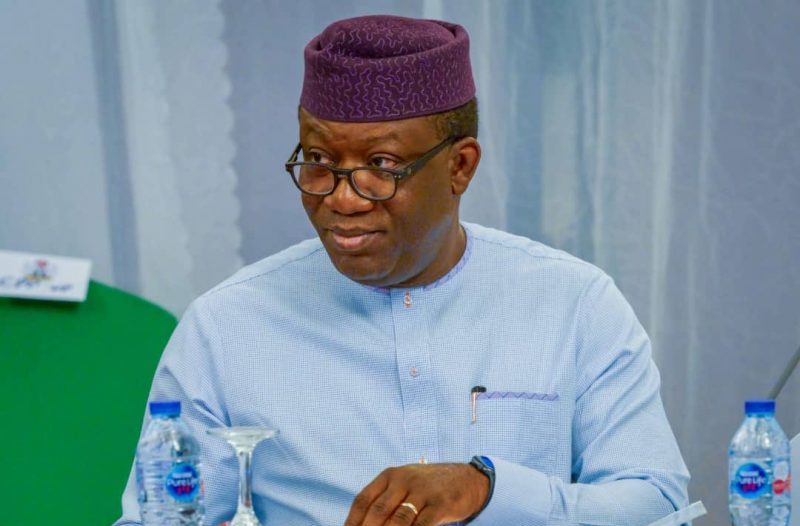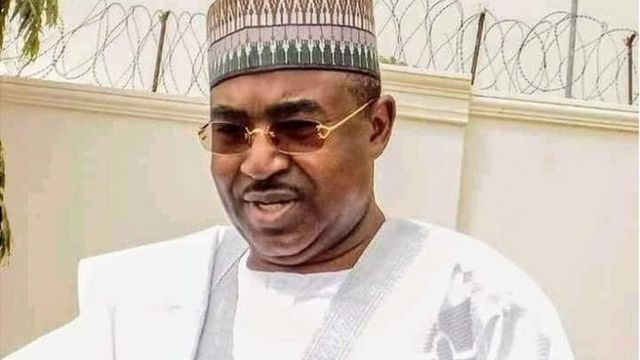The 2021 Global Organised Crime Index has ranked Nigeria among the top 10 criminal markets for trafficking in people, firearms, illicit cannabis and heroin trade, fauna crimes, synthetic drugs and non-renewable resource crimes.
The index shows that the countries with the highest criminality levels are those experiencing conflict or fragility, adding that such affected nations were most affected by organised crime.
According to the report, the Democratic Republic of Congo topped the list of the criminal markets with a score of 7.75, followed by Columbia 7.66; Myanmar 7.59; Mexico 7.56; Nigeria 7.15; Iran 7.10; Afghanistan 7.08; Iraq 7.05; Central African Republic 7.04 and Honduras 6.08.
Other high-scoring countries include Afghanistan, Iraq and Syria, where conflicts have decimated the formal economies, led to mass displacement and an influx of weapons.
The report was authored by the Institute for Security Studies and INTERPOL in affiliation with the Global Initiative against Transnational Organised Crime.
In conflict settings, the GOCI notes that states’ attention and capacities may be diverted to war efforts, leaving social, economic and security institutions weakened, while resilience to organised crime declines.
The lowest-scoring countries with better resilience and social safety include Tuvalu 1.54; Nauru 1.76; Sao Tome & Principe 1.78; Liechtenstein 1.88; Samoa 2.04; Vanuatu 2.20; Marshal Island 2.31; Kiribati 2.35; Luxembourg 2.36 and Monaco 2.43.
The report states, “In breaking down criminality and looking at the 10 criminal markets covered, the global average was slightly lower at 4.65, with human trafficking determined to be the most pervasive worldwide (with a global average of 5.58). Indeed, human trafficking features in the top five criminal markets of every continent in the world. After the trafficking of people, the illicit cannabis trade and arms trafficking were assessed to be the second and third most pervasive markets worldwide, with global averages of 5.10 and 4.92, respectively.”
The index observed that failure on the part of states to provide safe environments and stable economic livelihoods for millions of vulnerable populations created conditions conducive to exploitation, as human traffickers exploit victims for profit both within national borders and abroad through sexual exploitation, forced labour/modern slavery, forced begging, organ trafficking and child soldier recruitment, noting that the vast majority of victims are women and girls.
It affirmed that opportunities for human trafficking have increased with Internet technology, which provides both a ready online market and, simultaneously, the means to exploit people with greater anonymity, adding that human trafficking market is present in a wide range of contexts, from both stable countries to those in conflict, often overlapping with other criminal markets, such as human smuggling.
On the regional level, Asia leads in criminality, criminal markets, criminal actors and resilience followed by Africa, Americas, Europe and Oceania
On the sub-regional level, East Africa leads in criminality followed by West Africa, Central Africa, Northern Africa and Southern Africa.
The Index data further shows that, as with criminal markets, East Africa is home to the most influential criminal actors on the continent, driven predominantly by state-embedded actors.
Overall, state-embedded actors scored 7.22 in the region with Central Africa (7.55) leading the way, followed by North Africa (7.17), West Africa (6.90) and Southern Africa (6.90).
The report reads, “Criminal networks are also prevalent across all regions in Africa, but none more so than in East Africa (6.83) and West Africa (6.43). On the other hand, while Central Africa is home to countries with some of the highest levels of state capture in the world, criminal networks in numerous countries in the region are fairly weak.
“While mafia-style groups are the lowest-scoring criminal actor type across the continent, there are several countries in Africa where highly organised gangs, armed groups and militias yield significant influence in the criminal landscape, many of whom have even been strengthened by the COVID-19 pandemic, capitalising on openings in illicit markets and in doing so consolidating control over the communities in which they operate.”
